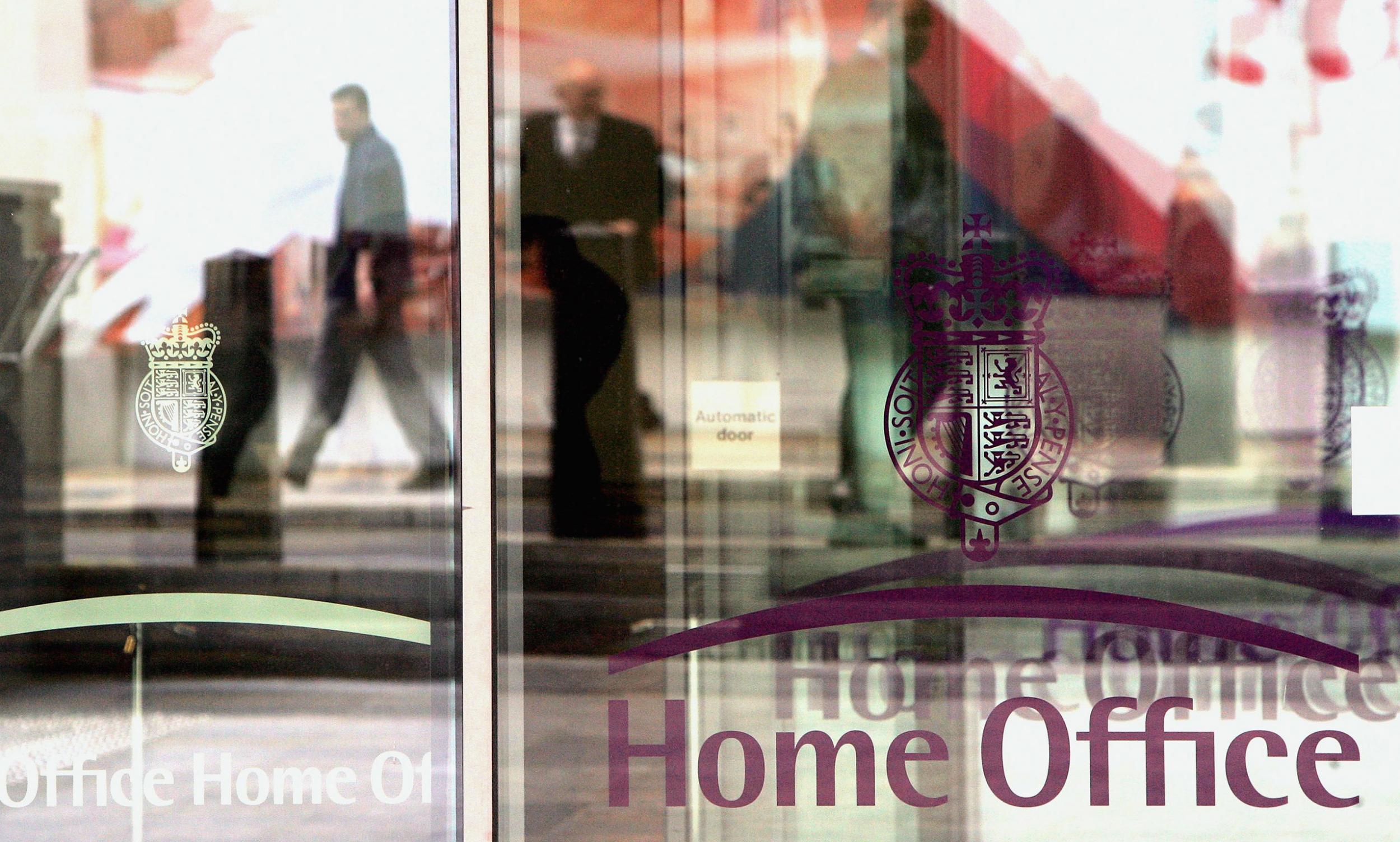Theresa May's strict immigration rules are keeping the numbers down – by driving British citizens out
Net migration figures are down by 49,000, but 54,000 extra British citizens chose to leave the UK. Is the Prime Minister really getting it right on migration?


In order to win public confidence on immigration, the Conservative-led Coalition Government, under the then Home Secretary Theresa May, imposed a new requirement that anyone wanting to bring a spouse and any children to the UK needed to earn a minimum of £18,600 a year. The policy was designed to ensure that family members brought to the UK did not become a burden on taxpayers, labelling their partner a “sponsor” who would, by their own earnings, pay for any benefits they qualified for.
As we head into a general election in which immigration numbers will play a key part, the Prime Minister will be attempting to paint this as one of her crowning achievements. But the policy simply doesn’t work.
First, it doesn’t make any practical sense. Migrants from outside the EU, children or spouses included, are not entitled to any public benefits. “Sponsoring” them to compensate taxpayers makes little sense; it is a cheap gimmick to fool those who have little understanding of our immigrants and benefits system. I should know. I am an immigrant, and my visa is incredibly clear: I am entitled to nothing.
The second problem is that this policy does not account for the wealth of an incoming spouse. If one worker earning £18,600 or more is sufficient to guarantee their family will put no further stress on the UK’s public services, why must that worker be British? If someone from the UK married a non-citizen as wealthy as Donald Trump, they are still considered a drain on the state. It’s a meaningless test of self-sufficiency.
The flaws in this policy have created real hardships for many British citizens who are married or have children with non-UK nationals. In researching my book, Becoming British, I spoke to Britons who shared with me depressing accounts of their desire to live in their own country and raise their children, but that the income threshold – designed to reduce net migration overall rather than thwart the life chances of existing citizens – prevented them from exercising their right to a family life in the UK.
Some described the Home Office as going well beyond their role, interfering in personal lives by determining who does, and who does not, have the right to fall in love with a non-British citizen based solely on their income, and with no consideration given to the integrity, strength and commitment of their relationships.
A UK Supreme Court case challenged the minimum income requirement earlier this year, giving such families fresh hope. The court ruled that the income requirement was permissible, but the Government – now, of course, a Conservative majority administration, at least until 8 June – was required to consider more substantively the income of those affected.
So why did the judges conclude that the current scheme could nonetheless continue while these considerations took place? Though they agreed that minimum income requirements were acceptable in principle, they raised serious concerns about their use in practice. That should warrant at least a temporary freeze until the Government can measure and better understand the damaging effect of breaking up legitimate families and preventing some British citizens from raising their children in their home country.
The Government claims its policy is necessary to address a public interest in reducing net migration. And that long-promised reduction is happening because these inhumane rules are forcing British citizens and their families out. Net migration figures are down by 49,000, but 54,000 extra British citizens chose to leave the UK. Is Theresa May really “getting it right” on immigration?
The Government has form in this area, quite literally. In 2015, the Home Office had created an administrative form for British citizens to use to report their former lovers so they could be deported, leading to a national outcry and the Government burying its bad policy as swiftly as it was launched.
The form was intended as a way to provide evidence over invalid spousal visas, but it was clearly unfit for purpose. In the rush to get this out, the Government forgot to include a line where informants could give an address to verify what they were reporting; they forgot to ask how to contact the person identified as illegally in the country; and they did not provide an email or postal address for where any paperwork required could be sent.
Its biggest failing, however, was that it put spouses at risk of domestic violence. Abusive partners could potentially record their spouse as in the country illegally as an act of aggression or control, despite their possession of a valid UK visa.
The Government is clearly desperate to reduce net migration and the public supports this general aim. But breaking up families and putting vulnerable women and children at risk is no way to improve public confidence in the Government or the Home Office and its ability to manage our borders.
Our immigration policies should support British citizens, not encourage more of them to leave their country and their Government behind. Theresa May, now is your chance to prove that you’re listening.
Thom Brooks is head of Durham Law School and professor of law and government
Join our commenting forum
Join thought-provoking conversations, follow other Independent readers and see their replies
Comments